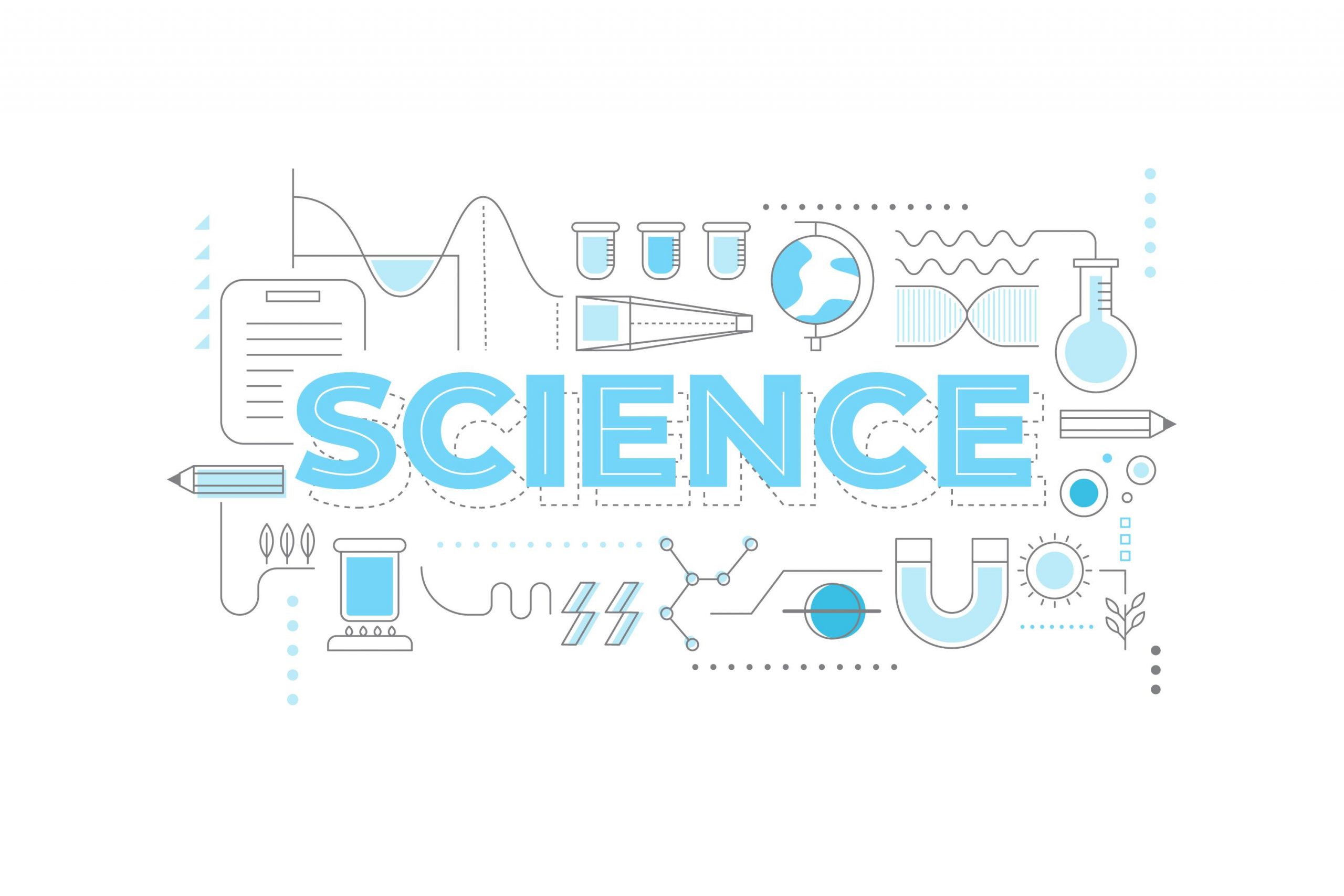Open Science
Open Science represents a progressive approach to research, characterized by its emphasis on openness and collaboration in the scientific community. Central to this concept is the idea of sharing knowledge, results, and tools as promptly and broadly as possible, a practice that is compulsory under the Horizon Europe framework. This framework operates under the guiding principle of being “as open as possible, as closed as necessary.” This means that while the default approach is to make research results and data openly accessible, exceptions are allowed to protect legitimate interests such as commercial exploitation or compliance with legal obligations like data protection, which may necessitate some restrictions on accessibility.
The ethos of Open Science is further reinforced through the practice of open access, which ensures that scientific publications and research data are freely available online without charge and are reusable. While Horizon Europe does not mandate researchers to publish their findings, it stipulates that any published results should be accessible openly. Additionally, open access to research data is crucial, enabling the use of data collected for scientific analysis to be freely accessed and reused under specific conditions laid out in funding agreements. This approach aims to uphold the FAIR principles, ensuring that data is findable, accessible, interoperable, and reusable.
The benefits of Open Science are manifold, promoting enhanced collaboration across various sectors including academia, industry, and public authorities, while fostering greater creativity and trust in scientific outcomes. This collaborative environment not only increases the transparency and potential impact of research but also enhances the efficiency of research processes and fosters global scientific cooperation. Programs like Horizon Europe and Erasmus+ champion this inclusive and transparent approach by mandating certain practices such as open access to publications and data, while recommending other practices like involving diverse knowledge actors, early sharing of research, and conducting open peer reviews to further enrich the research ecosystem.
